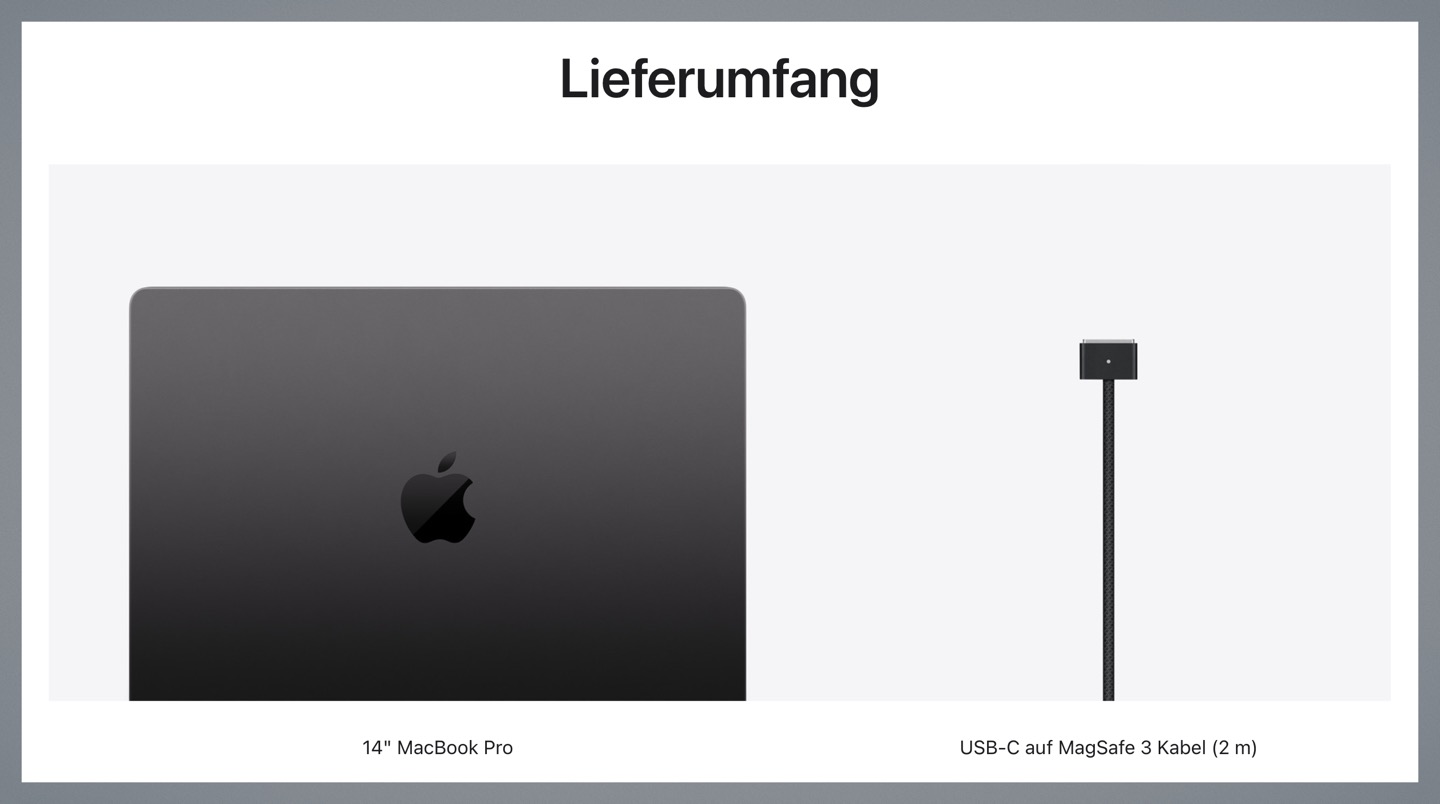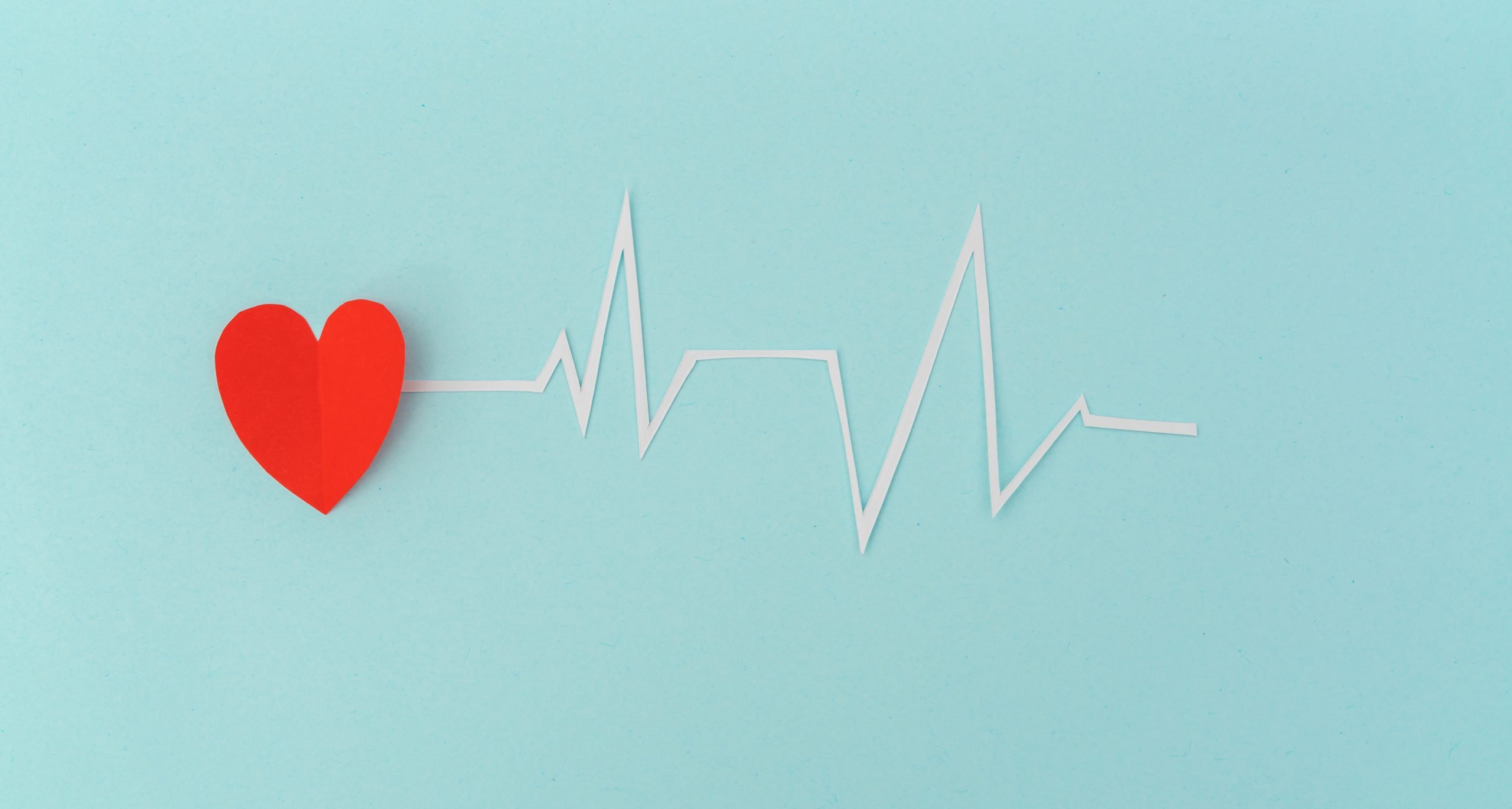Hangovers and other short-term effects of binge drinking are well known to most adults. neither nor Science It was still known whether the harm of drinking alcohol was to speed up the aging process. Now, a new international study shows this.
The issue is considered difficult to investigate due to the lack of reliable methods for measuring biological aging: It was never clear whether alcohol was the true cause of any effect on aging or whether it was linked to other factors.
In this new study, researchers at Oxford Population Health conducted a genetic analysis that suggested that alcohol accelerates aging by directly harming the body. DNA in telomeres — repetitive sequences that cover the ends of our chromosomes and protect them from damage. Research published scientific journal Molecular Psychiatry.
Telomere length is considered an indicator. biological aging. Each time a cell reproduces, 50 to 100 DNA bases are lost and telomeres shorten. When they become too short, cells can no longer divide and may even die.
Previous studies have linked shorter telomere lengths to a variety of aging-related diseases. Alzheimer’scancer and coronary artery disease.
Alcohol X telomeres
Researchers investigated the relationship between alcohol intake and telomere length in more than 245,000 UK Biobank participants.
The study was done with Mendelian Randomization, a method that estimates causal effects using genetic variants. 51% of the participants were male and 49% female; The mean age was 57 years.

People who drank less than 6 units of alcohol per week (about two large 8-ounce glasses of wine) had longer telomeres than those who drank more than 29 units per week (about ten 8-ounce glasses of wine). The estimated age difference based on telomere length between the two groups was between one and two years.
Individuals diagnosed with alcohol use disorder had significantly shorter telomere lengths—the equivalent of three to six years.
Main findings
According to the research, genetically predicted higher alcohol consumption was associated with shorter telomere length, and an increase of 10 to 32 units of alcohol per week is equivalent to 3 years of aging.
The association between genetically predicted alcohol consumption and telomere length was only significant for those who drank more than 17 units per week – suggesting that minimal amounts of alcohol may be needed to damage telomeres.
The effects of alcohol were only found in current drinkers, not previous or no drinkers.
The study suggests that increased oxidative stress and inflammation are a potential biological mechanism to explain the effect of alcohol on telomere length. Thus, the breakdown of ethanol in the body will produce oxidative species that will damage DNA.
Therefore, it is best not to drink alcohol or drink in moderation anyway.
ARTICLE Molecular psychiatry – https://doi.org/10.1038/s41380-022-01690-9.
Source: Tec Mundo
I am Bret Jackson, a professional journalist and author for Gadget Onus, where I specialize in writing about the gaming industry. With over 6 years of experience in my field, I have built up an extensive portfolio that ranges from reviews to interviews with top figures within the industry. My work has been featured on various news sites, providing readers with insightful analysis regarding the current state of gaming culture.













